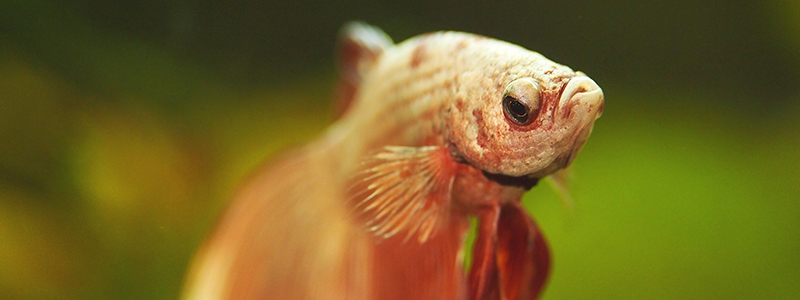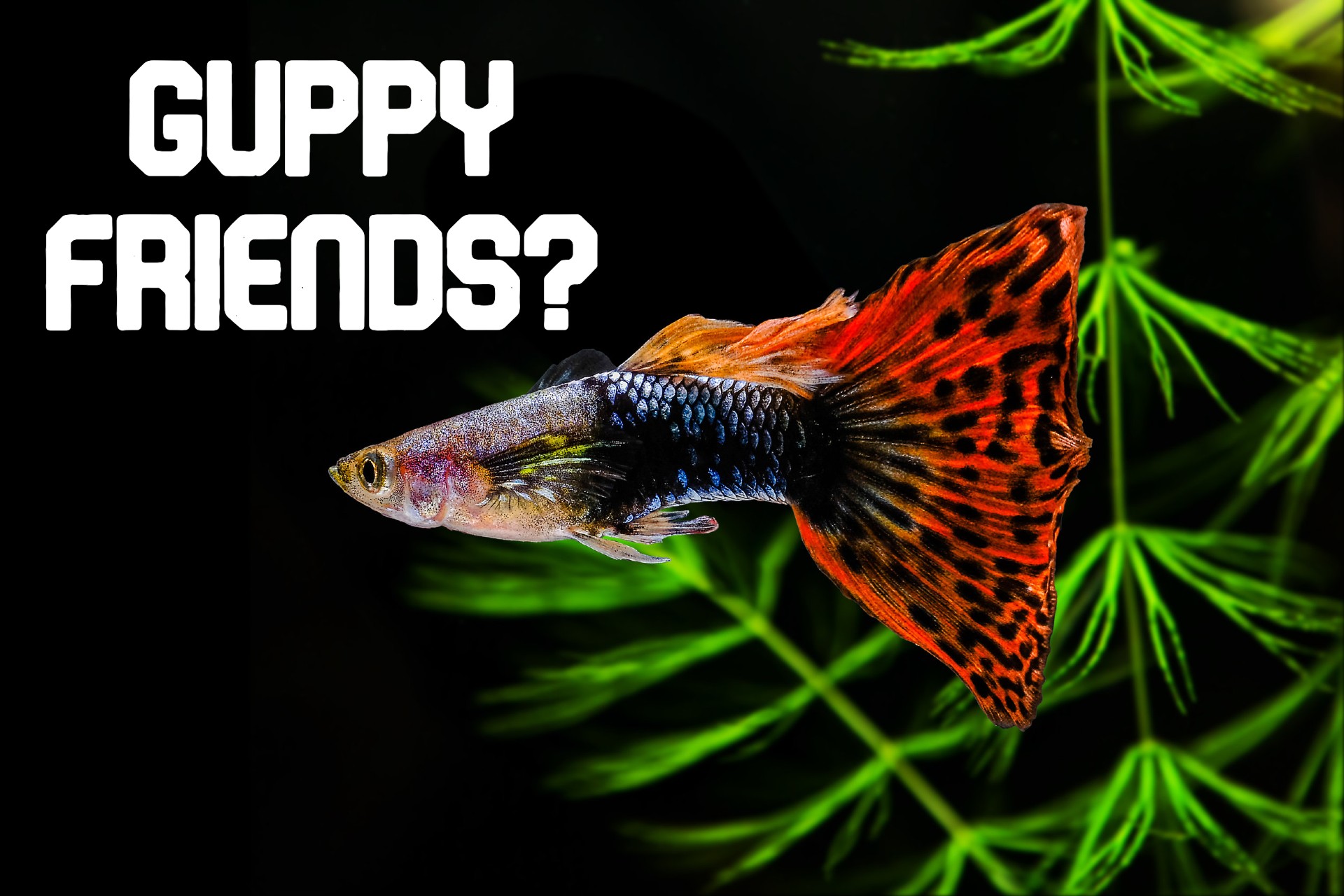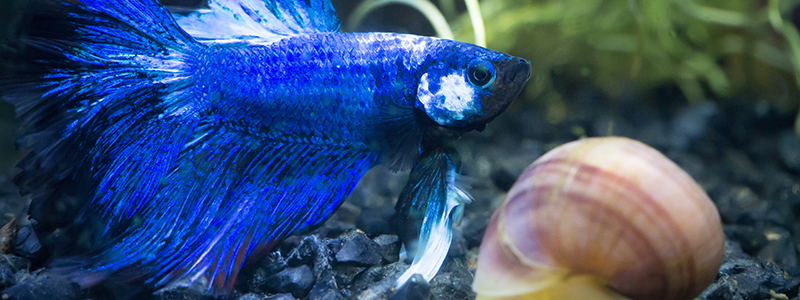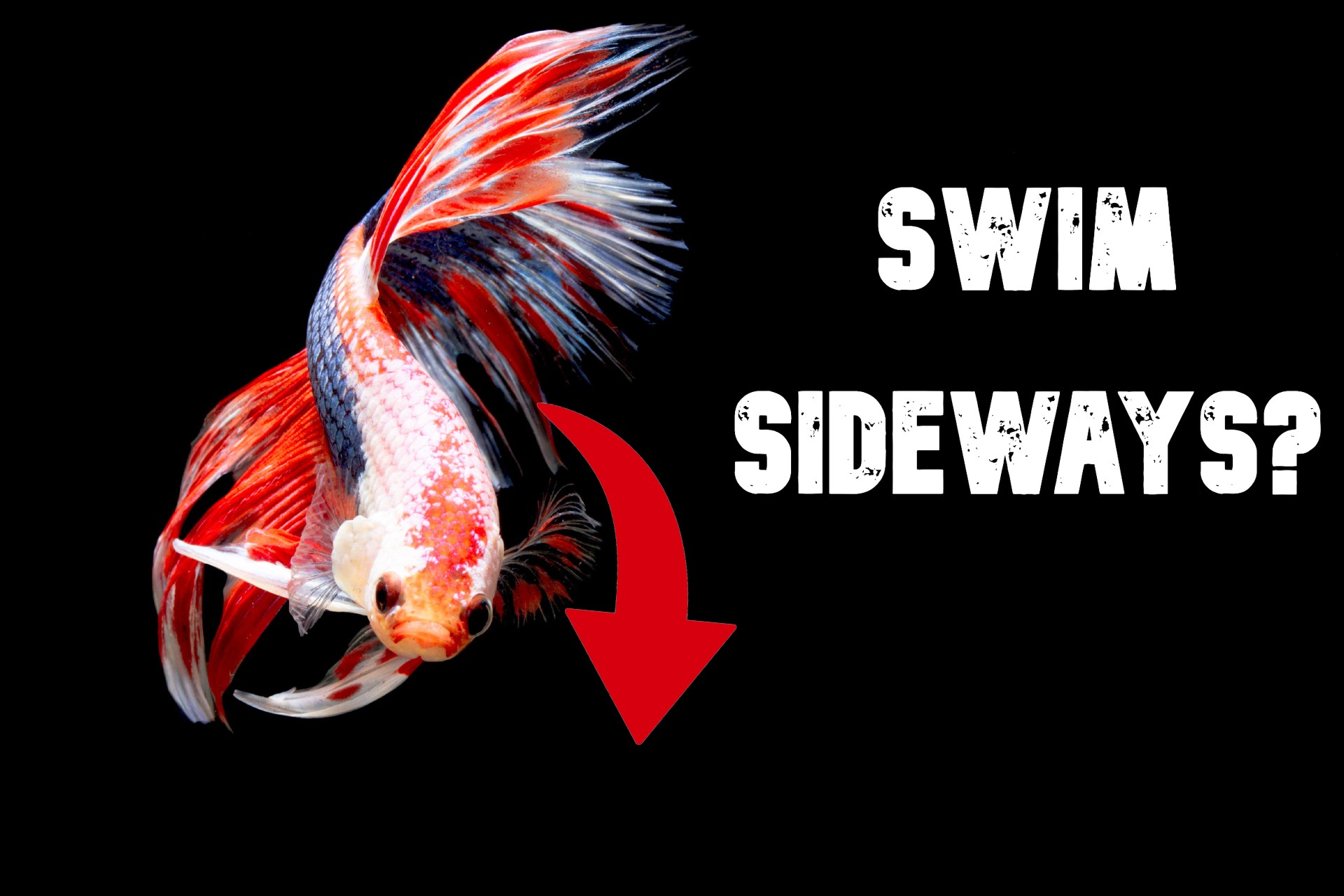Betta fish, which are also called Siamese Fighting fish, are among the most popular fish in the world of aquariums for a reason. They are absolutely striking, with their beautiful color diversity and fanning tails. They are also very easy to take care of and because of that are great first-time pets for aquarium owners.
Betta fish do well in outdoor ponds where the temperature of the water is consistently around 72-87 degrees Fahrenheit. Imitate their natural habitat of shallow waters or slow streams by providing shade and growing algae to avoid too much heat.
Something else fascinating about Bettas is that they can create bubble nests at the top of their homes in order to create a better environment for their fry or to show that they are ready for mating season. They also can learn to recognize their owners in a crown and will swim to face them when it’s time to be fed.
Why Betta’s are Perfect for an Outdoor Pond
Bettas are great starter fish for a reason. Along with being beautiful and easy to take care of they also are very resilient to a lot of different environments. Because of this, it’s possible to let them live outside in both larger and smaller environments such as a pond or a makeshift outside aquarium.
Because Bettas were traditionally raised to fight each other their aggressive natures towards each other is something to consider when buying fish for your outdoor pond. Because males are the most aggressive due to their extremely territorial and protective nature (it is their job to take care of their children after all,) it’s best that they live alone and never with another male.
Females on the other hand are able to live in a sorority consisting of five Bettas in an area that is at least 10 gallons. There still may be problems with territorial behavior so be sure to keep an eye on them when you first put them together.
While Bettas are great outdoor fish in specific circumstances, it’s your best bet to keep only one in a group of other types of fish. They do well with:
- Cory Catfish
- Harlequin Rasbora
- Feeder guppies
- Neon Tetras
- Ember tetras
- Ghost shrimp
Most of the time, though, they like to live alone. Don’t overcrowd them.
Suitable Outdoor Environments for Bettas
A great rule of thumb for keeping bettas together is to remember that if they are housed together they need LOTS of space to keep to themselves and out of the other betta’s way.
So, if you want to build an outdoor environment you will need at least 100 gallons to house multiple bettas together or one betta with a bunch of other varieties.
Bettas can also survive outdoors in more compact areas, such as in a small pot designed to house a fish if you don’t feel like taking care of more than one Betta and you don’t have a giant pond.
Other great options for medium-sized mini fish ponds are planters, metal tubs, or really any sturdy bowl-shaped object that you can fit a protective sheet, a heater, and a filter into.
How to Create the Perfect Outdoor Pond for Your Betta

Temperature
In the wild Bettas live in tropical areas, meaning they are used to the heat that Asian environments can provide them. This means that their temperature range is pretty narrow at around 78-80 degrees Fahrenheit. Although they can tolerate temps outside of this, it’s just not conducive to their health.
Just like a human, it’s just not comfortable to be too cold or too hot for extended periods of time.
The best way to do this is by keeping a heater in your outdoor pond and a thermometer to keep watch on what temperature of the water is. And watch out for odd behaviors. Heat can cause a lot of damage to fish, and bettas, they will begin to swim in odd patterns, float on one side, or have faster metabolisms that cause them to age faster.
It’s also best not to leave them in direct sunlight where they can easily become overheated or algae can grow. So be sure to put them where there is always shade such as a corner of your backyard or under a tree.
Do keep in mind that cleanup will be a necessity if you put them under something that sheds, such as leaves or debris.
Filtration
In terms of filtration, you just need whatever you would use inside of a regular Betta tank, which ranges from either a Canister, HOB, Sponge, or Under Gravel Filter. As with any other fish, a steady flow and filtration of water are all that are needed to keep waste out of their breathing areas.
Something interesting about male Bettas is that they will create bubble traps at the top of their homes in order to create a better environment for breeding.
They do this instinctively as a way to protect their fry, even if there isn’t a female in the tank with them. Allowing them to keep that area of bubbles at the top of the water will make them happy, so don’t be quick to clean it up.
Decor
Live or silk plants are great for outside environments big or small. Something to consider with your bettas is that sharp edges are more of a danger to them. They also love any kind of decor that will provide them with hiding spots that can escape to.

Negatives to Consider
Just like with any other outside animal, there is always the chance that predators can get to them. This means cats, opossums, certain insects, and especially predatory birds. To protect your fish, give them an area where predators are less likely to find them.
And while you may love the idea of keeping your bettas outside and in as much of a natural environment as possible, it’s a big job to keep them comfortable. The simple fact of the matter is that they aren’t really going to be in their natural habitat unless they are allowed to swim free, so providing a home for them can be expensive.
Just be sure to do as much research for your specific circumstances as possible to know if it’s actually something you want to do.
Other than that, keeping bettas in an outdoor environment is a lot of fun, and can greatly benefit their lives in the long run. It also is a great conversation starter for backyard parties or barbecues.
To see an example of a self-sustainable Betta pond, be sure to check out the video below.




